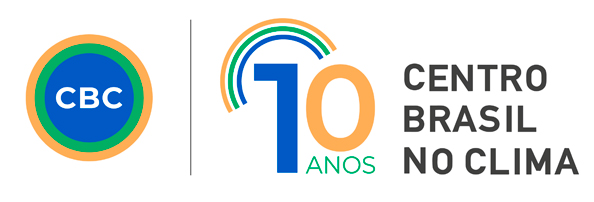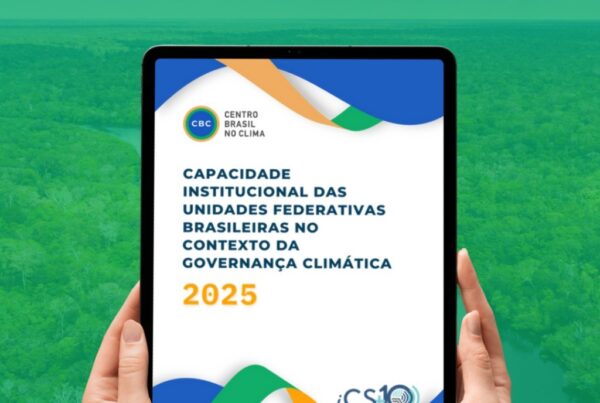Connecting projects and financing: tools for Brazilian states’ climate action
Subnational climate financing is essential to accelerate climate action in Brazil, but state governments face challenges in structuring projects and identifying support opportunities for their implementation. The Global Covenant of Mayors for Climate & Energy (GCoM)–City Climate Finance Gap Fund (Gap Fund) Partnership plays a strategic role as a link between the states’ demand and the supply of resources.
In this context, the GCoM-Gap Fund Partnership is collaborating with the Green Brazil Consortium and the Brazil Center on Climate (CBC) on a series of training sessions for State Governments. The second session, held virtually on July 31st, offered concrete tools to bring states closer to technical assistance and climate financing, strengthening their role in the national climate agenda.
The session brought together representatives from the 15 member state governments of the Consortium and strategic allies in climate action. Its objective was to present essential tools for project preparation and access to financing, also serving as a preview for the next in-person meeting in Brasília.
Robson Monteiro, Executive Secretary of the Brazil Green Consortium, highlighted: “The Consortium’s member states are working in one way or another on climate financing, one of the priority topics for COP 30. We, at the Consortium, have taken financing as a central challenge to support the agenda of these subnational governments.”
The session opened with CBC and WRI presenting the Climate Financing Guide for Brazilian States, illustrated by cases from Paraíba and Bahia that demonstrate how sustainable rural development projects can evolve into climate finance strategies. The second block highlighted two CCFLA-related initiatives: the PPF Connector, a platform linking projects to technical assistance and exposing the gap between demand and available resources, and the call for the Green Resilient Cities Program (PCVR) pipeline, led by the Ministry of the Environment with CCFLA and the University of Brasília, which aims to consolidate a portfolio of priority urban projects to access national and international funding.
Mauricio Guerra, national coordinator of the Green Resilient Cities Program (PCVR) of the Ministry of the Environment, emphasized: “We are working to expand the funds available for climate financing and eliminate barriers to reach smaller municipalities that do not have borrowing capacity.”
Next steps
The training series includes five sessions during 2025, on the way to COP30 in Belém, Brazil. The third training will be in-person, as part of the 2nd Resilient Green Cities Meeting in Brasília, Brazil, between September 9th and 11th, with a practical workshop on writing conceptual notes for accessing national and international financing.
To learn more about the partnership between GCoM and the City Climate Finance Gap Fund and how to access technical assistance to transform climate ideas into viable projects with investment potential:




